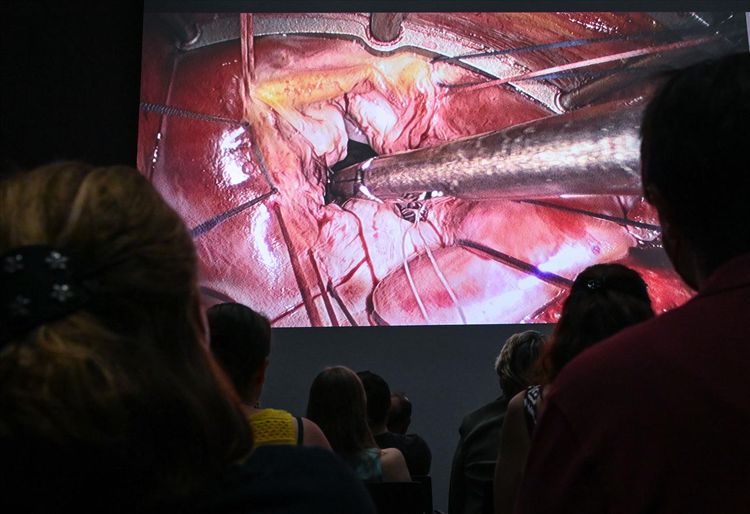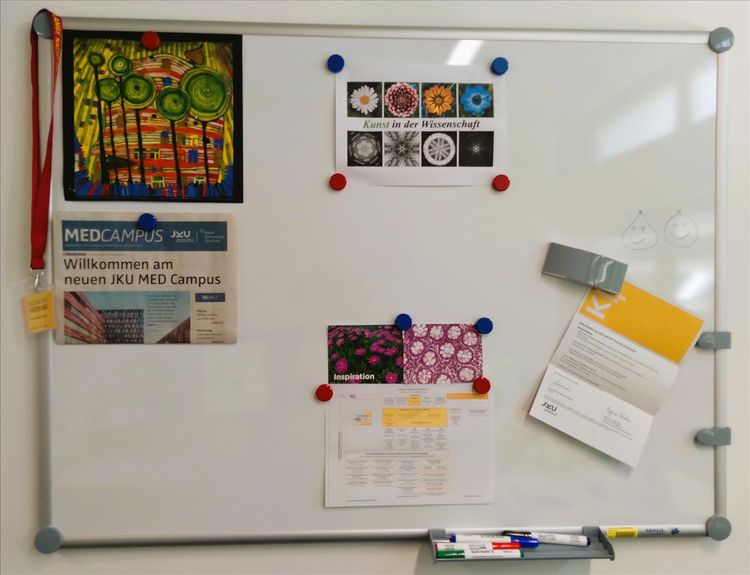In the guest blog, the physicists Andrea Navarro-Quezada writes about her personal experience of the working conditions within academia and shows alternative career paths.
I always thought that doing research and experimenting in the lab was the only thing for me. I pursued an academic career over years: after a PhD in technical sciences followed many years as a postdoc. There was nothing greater than to be able to proof a self-posed scientific question and to share my passion for physics with my students. It was clear - a professorship was my goal.
However, my vision of becoming a professor changed throughout the years, even after I received a project to complete my habilitation, intended to bring me closer to my goal. The continuous limited work contracts, the continuous competition, the lack of permanent positions without a professorship and the impression that loyalty counts more than qualification, made me lose my enthusiasm for my scientific career. So, I had to take a decision: Did I really want to become a professor or should I rather try something else?
Changing career paths
At first, I thought about looking for a job in research and development (R&D) outside academia. In this way, I could still work in a lab and do applied research instead of basic research. According to some ex-colleagues in R&D, there was not so much scientific freedom in a company as in academia, but it was still interesting. But then I thought: What about doing something completely different but still related with scientific research? This is how I found a position in the research service of the university and decided to apply for it.

Since August 2021, I work at the research service of the Johannes Kepler University (JKU) and I am in charge of supporting scientists at the Medical School with research funding - and I am very happy! I find it fascinating to be able to learn about the research topics taking place at the Medical School. There are many interesting and exciting interdisciplinary research topics at the boundary between physics and medicine, mostly in the field of medical technology. That’s how I have learned about how the right shear stress can destroy cancer cells in blood without harming the other cells, or how through spectroscopy and nanoparticles breast cancer can be detected early.
Working with my colleagues at the department of research services and knowledge transfer and those at the Medical School is really exciting and invigorating. There is a large variety in my tasks at the research service and my longstanding experience in scientific research is also very helpful for my new position. Particularly when I talk to young scientists.

The right decision
When I see the disappointment on the faces of former colleagues when I say that I do not miss my work as a scientist or that despite being “overqualified” I am not doing this job just until I find something else, I try to make them understand that my passion for science is not gone. My curiosity as a physicist is still alive, which is the reason for my enthusiasm for medical science.
It is also sometimes conveyed to me that I have failed as a scientist simply because I did not continue to pursue an academic career. I do not agree. During my time as a scientist, I managed to successfully motivate many students, who are currently doing great work in- and outside academia for scientific research. Moreover, the positive feedback I receive from the scientists I support, makes me believe that I am contributing to the promotion of science – even if my contribution is rather small. Each submitted proposal and each accepted research project is a success.
I don’t know how I will feel in ten years from now, but from today's perspective taking another career path was one of the best decisions of my life. (Andrea Navarro-Quezada, 25.7.2022)
More blog posts
- Hydrogen: a versatile gas
- Edith Stoney: The first female medical physicist
- X-rays: Insight into the inner structure of matter